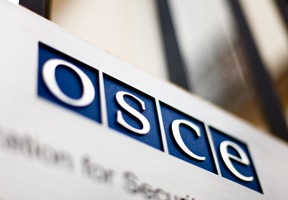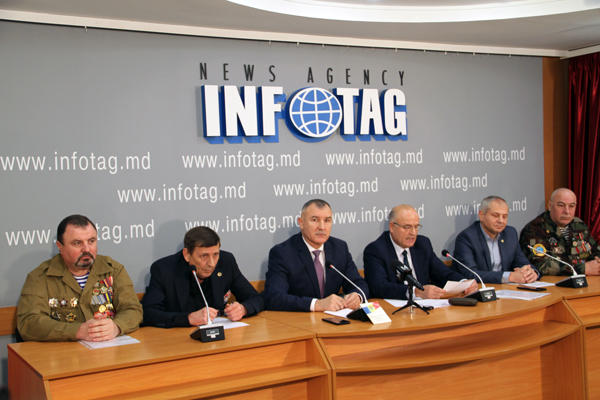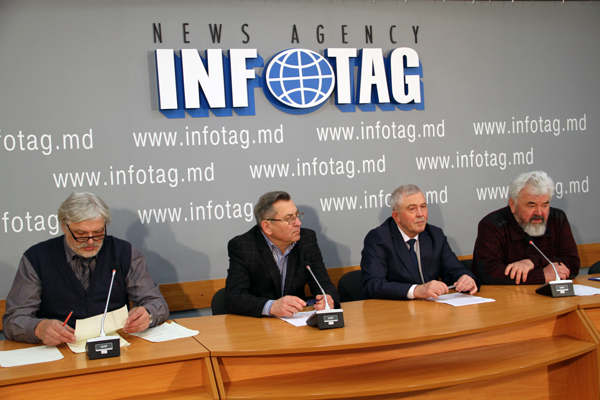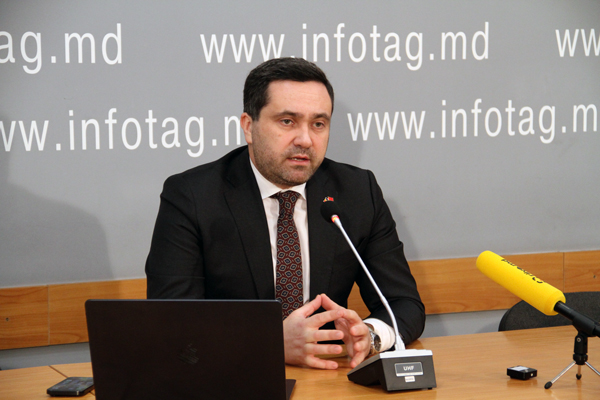Society
OSCE CRITICIZES MOLDOVAN PARLIAMENT’S INTENTION TO RESTRICT RUSSIAN TELEVISION’S BROADCASTING IN MOLDOVA

The Organization for Security and Cooperation in Europe has subjected to criticism the bills on amending the Code of Television and Radio Broadcasting, approved by the Moldovan parliamentary majority in the first reading and aimed at restricting the Russian television channels’ presence in Moldova.
On Wednesday, OSCE Representative on Freedom of the Media Dunja Mijatovic said in Vienna that the media laws under consideration by the Parliament in Moldova “run counter to international standards on media freedom”.
As already reported by Infotag, on July 7 the Moldova Parliament approved, in a first reading, three amendments to the Code of Television and Radio Broadcasting of the Republic of Moldova. All the three aim to limit broadcasts in foreign languages or those originating from abroad.
“It is counterproductive to try to limit speech through excessively restrictive legislation,” Mijatovic wrote in a letter sent last Tuesday to the Chairperson of the Parliament of Moldova, Andrian Candu. “In my view it seems excessive and may be ineffective.”
The reasoning given for introducing the restrictive provisions banning broadcasts or rebroadcasts of certain content is that it originates from states that are neither members of the European Union, nor are parties to the European Convention on Transfrontier Television.
“I trust that the draft laws will be carefully reviewed by the members of Parliament before being adopted in the second reading, ensuring that the regulation does not pose undue limits on free expression and free flow of information,” Mijatovic said.
The Representative also pointed to the recommendations of her Office’s non-paper “Propaganda and Freedom of the Media” published in 2015.
In May 2015, on Andrian Candu’s request, Dunja Mijatovic gave a negative response to the Moldovan Parliament’s intention to adopt analogous amendments to the Code. That intention stirred up a loud scandal in the expert community, and OSCE representatives spoke out categorically against bans and restrictions on transmission of foreign television channels, having named that “an unfounded instrument against propaganda”.
Nevertheless, on July 7 the Moldovan democratic, pro-European parliamentary majority approved the three bills that stipulate yet much tougher restrictions than what Candu was proposing in May 2015.
The Russian Ministry of Foreign Affairs called Chisinau’s intention to ban Russian television programs “an unfriendly action”. Moldovan opposition Left-wing parties and the Association of Russian-Speaker Journalists of Moldova perceived the ruling majority’s initiative as a restriction of the freedom of expression and plurality of opinions that go contrary to the Constitution of the Republic of Moldova.
Bashkan [Governor] of Gagauzia Irina Vlah stated that in the territory of the southern Moldovan autonomous region, the broadcasting of Russian channels shall be preserved in full volume, no matter what the Parliament in Chisinau may decide on banning the broadcasting.
On July 14, an open public debate is being held in Chisinau on the proposed restrictive amendments to the audiovisual code.
Infotag’s dossier: The OSCE Representative on Freedom of the Media, Dunja Mijatovic, observes media developments in all 57 OSCE participating States. She provides early warning on violations of freedom of expression and media freedom and promotes full compliance with OSCE media freedom commitments.
























Add Comment